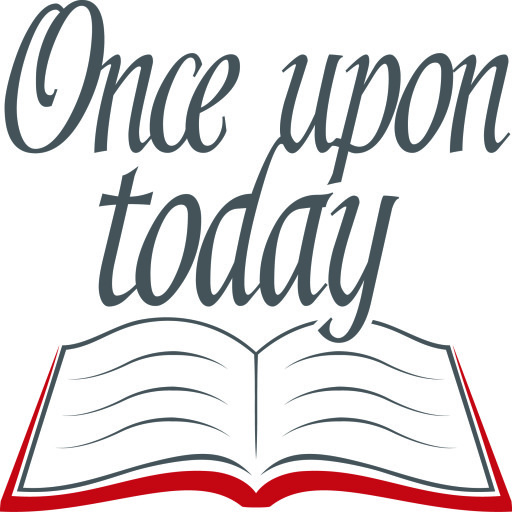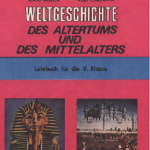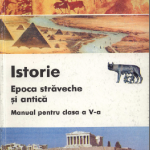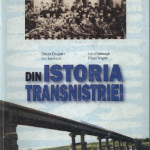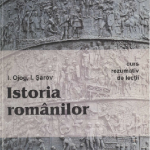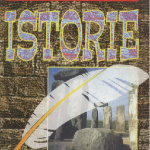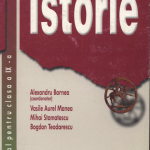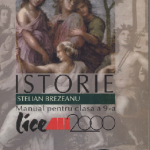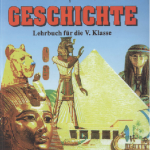Argument
Many scientists are wondering if there is life in another dimension. Maybe there are many lives, about which we don’t know much, but for one thing I am sure, books are full of life which we consider to reveal in them. A book can affect inner life of a person; can change one’s beliefs and even one’s behaviour. A history book is far more important than any other, as it tells about the past, defining identity and future perspectives/relations of people, communities and states.
For Moldovan society, history was a domain of political interest, a tool for creating a new conscience and identity, foreign from that of our forerunners. The Soviet system left a bitter mark on Moldovan history. Nowadays, the issues of language and history have remained issues of political importance, which reinforced identity dilemma.
In this context, there are still many questions that are waiting for answers, many contents to be analysed in details. So, are we going to close the books, or should we keep them open? The need for a project in this sense is obvious.
(Ana Castrasan)
And here came our idea!
Some would argue that reshaping of mentalities in a society could be done only through education. History books, which are an important part of the educational system in all countries around the world, have the power to create new or old perceptions to future generations. Under this aspect the question of history school books in most Post-Soviet countries is a very important one. This is why school books should be thoroughly analysed in order to appraise the lack of impartiality and truth, the way they treat different subjects, old or new, the extremes reached in the way they present information, as a comparison between soviet, post-soviet and/or modern, European approach.
Short description of the project
A team of 10 people (ANTIM Moldova and participants from other interested countries) will research school books from after 1991 to the present from Moldova (including Transnistria and Gagauzia regions) and Romania (including the books for the Hungarian and the German minorities). Each participant will choose a subject (case study) he/she is interested in and will research it according to a common methodology using and comparing the same school books as all other participants. As a result they will have a series of proposals to change/adjust the curricula or contents in each country/region.
Target group: young historians and history teachers
The young historians and history teachers will benefit from trainings on research and analyzing history books trough an international common methodology.
Examples of activities: drawing up the research methodology; training of the team; stages for research; workshops (learning the methodology; dissemination and exploitation of results etc.).
The results of the project will be disseminated within conferences, trough internet (Facebook, blog), and will be exploited through workshops with fellow teachers.
The team that created this project proposal is coordinated by Ana Castrasan and Andrea Chiricescu.
“Education is the most powerful weapon which you can use to change the world.” (Nelson Mandela)
